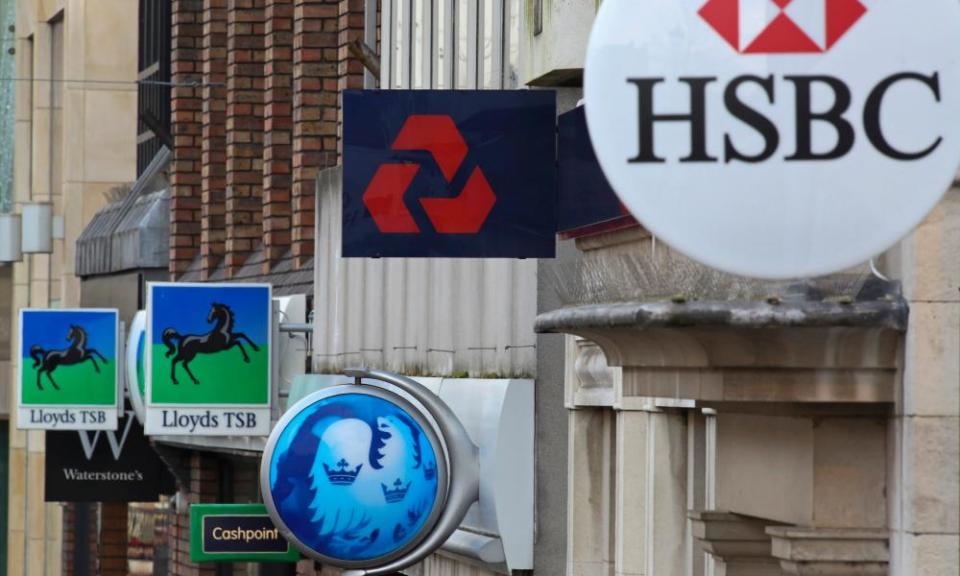Illegal immigration? Banks don’t even tackle slavery and trafficking | Prem Sikka

An established Conservative party strategy is to play the immigration card whenever it is in trouble. Today is no different. This time it is enrolling banks and building societies to carry out checks for illegal immigrants. Yes, the banks that crashed the economy and are still busy hiding more than $13tn of their liabilities are somehow expected to trawl through 70m accounts to find illegal immigrants.
How will the financial sector identify illegal immigrants beyond doubt, assuming that they have opened bank accounts? Is there going to be racial profiling and stereotyping? Will banks be given access to government databases? And what protections will prevent abuse of privacy and commercial exploitation of the personal details of UK residents and some 40 million annual visitors to the country? The government has no idea of the number of illegal immigrants. Visa overstayers may leave a moderate paper trail, but here are no current statistics about the number of illegal immigrants.
The government’s own position is that “it is impossible to quantify accurately the number of people who are in the country illegally”. The Home Office itself does not have adequate systems or records. Recently it admitted having sent letters threatening to deport EU nationals legally present in the UK. If banks acted upon the government’s poor data and froze bank accounts, how much hardship would that cause?
It’s folly to rely on banks. They have an appalling record of compliance with any recognisable standards of decency and honesty. Look at any number of scandals – the Panama Papers, HSBC, Luxembourg leaks, and see how UK-based banks present themselves as engines of global tax avoidance/evasion, money laundering, bribery and corruption.
Identification of illegal immigrants will require the development of complex systems of internal controls. But banks lack good systems of controls for dealing with even their normal trade. Under the anti-money-laundering laws all banks are required to verify the identity of their clients. Yet how many human traffickers, slave traders and rogue landlords manage to process their gains through bank accounts? Numerous shell companies with no identifiable directors or shareholders are conduits for bribery, corruption and sanctions busting, but via functioning bank accounts.
Invest in the public services to tackle gangmasters. Raid employers who run sweatshops
Public admonishment, fines and investigations should prompt banks to upgrade their systems, but that doesn’t seem to happen. Banks deal with money. Their moral compass and economic systems are not equipped to spot illegal immigrants. But more than that, illegality, at least when it comes to richer customers, is a source of profits. If the government really wants to tackle illegal immigration then it needs to invest in the public services to tackle the human traffickers, rogue landlords and gangmasters who bring illegal immigrants into the country. It needs to raid employers who run sweatshops and profit from the blood of innocent individuals, often paying them low wages.
Ministers could get tough and enforce national minimum wage laws, prosecuting those who fail to meet their legal obligations. There have been only 13 successful prosecutions. The government is neither fair nor serious. This announcement is more proof of that.
• Prem Sikka is emeritus professor of accounting at the University of Essex

 Yahoo News
Yahoo News 